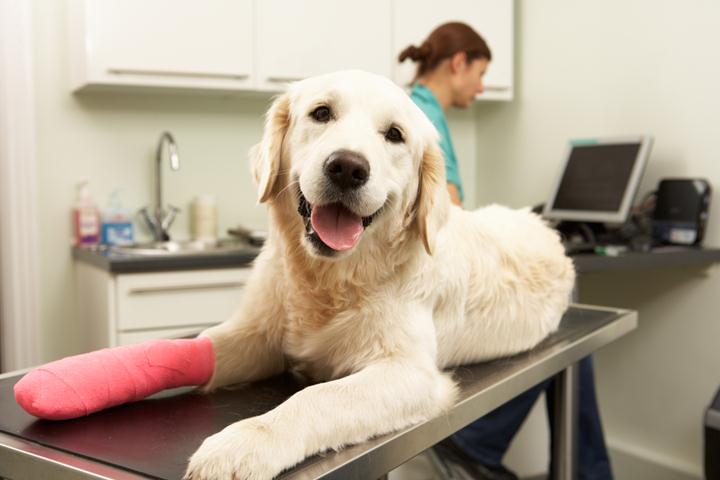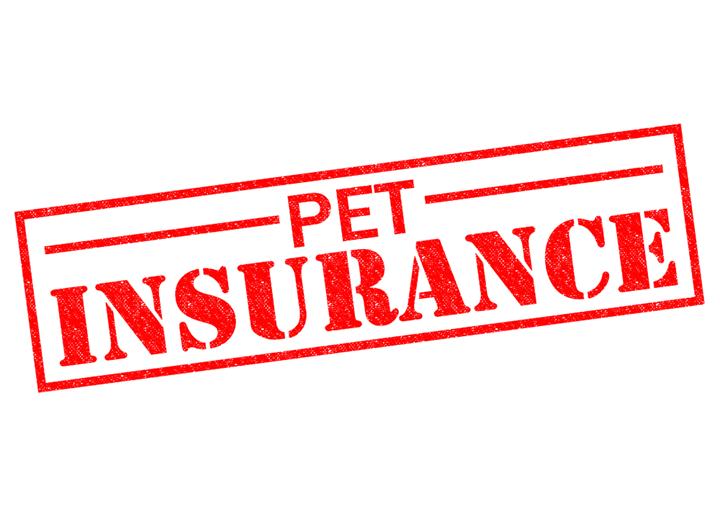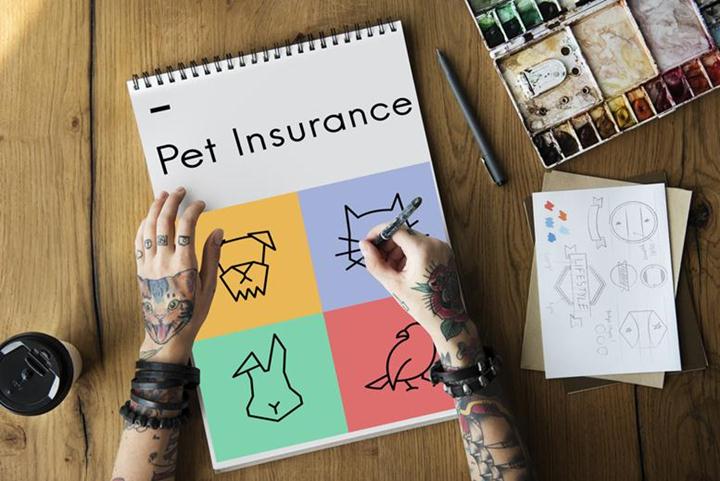Dog insurance is a type of insurance which offers protection to dogs for injury, loss, accidents, as well as covering the owner from liabilities that the dog may cause to third-parties, among other things. Generally, this type of insurance takes care of the dog and the owner’s financial situation.
Things Covered in Dog Insurance Policies
A number of things are covered in this kind of pet insurance. Dog insurance covers veterinary expenses for injuries and illnesses, while some insurance policies offer coverage to dental injuries as well. In other cases, dog insurance helps relieve some of the owner’s stress in the event of a stolen or lost dog. Particularly, insurance will cover the costs incurred in relation to advertising and the process of recovering the dog. Furthermore, this insurance policy also covers the personal costs that the dog’s owner may experience in case the dog falls ill. For instance, you may sometimes have to remain indoors when your dog is ill. This means that you will be unable to attend an important event or meeting. This insurance policy may cover the costs you undergo for canceling the appointments you had following your dog’s illness. The dogs are also covered during travel in case you decide to travel with your dog outside of your home country.
Exclusions in Dog Insurance Coverage
There are a number of exclusions to this type of insurance. First, dogs which are not vaccinated may not be covered by some insurance policies for illnesses which can be prevented by vaccination. Furthermore, the actual cost of dog vaccinations, as well as procedures including neutering and spaying, are not covered by the dog policies. All these are considered as routine dog health care, which is excluded in most insurance coverage.
The other major exclusion in this kind of pet insurance is that older dogs are not covered by some insurance policies. This is because older dogs are more likely to suffer from age-related illnesses, such as arthritis, and are also more prone to the risk of accidents or falls. Again, this insurance does not cover illnesses or injuries which the dog may have suffered prior to the purchase of coverage. This explains why you should purchase dog insurance when your dog is at a young age.
Additionally, the grace period during which you have to wait as the insurance for your dog gets processed is not covered in the actual policy. In other words, should your dog fall ill, get lost, die, or suffer any injuries during this period, you will not be able to claim any compensation.
Choosing Insurance Policy for Your Dog
The question to answer here is: What are some of the things you need to consider when choosing the best insurance policy for your dog? As mentioned earlier, most insurance policies for dogs do not cover older dogs. As such, ensure that you purchase an insurance policy for your dog when it is still young. Second, since routine or general health care for the dog is not covered, ensure that you regularly take good care of your dog. Finally, it is important that you purchase the dog insurance that appropriately matches your dog and your needs. You do not want to regret when it is too late.
Featured Image: depositphotos/ monkeybusiness









